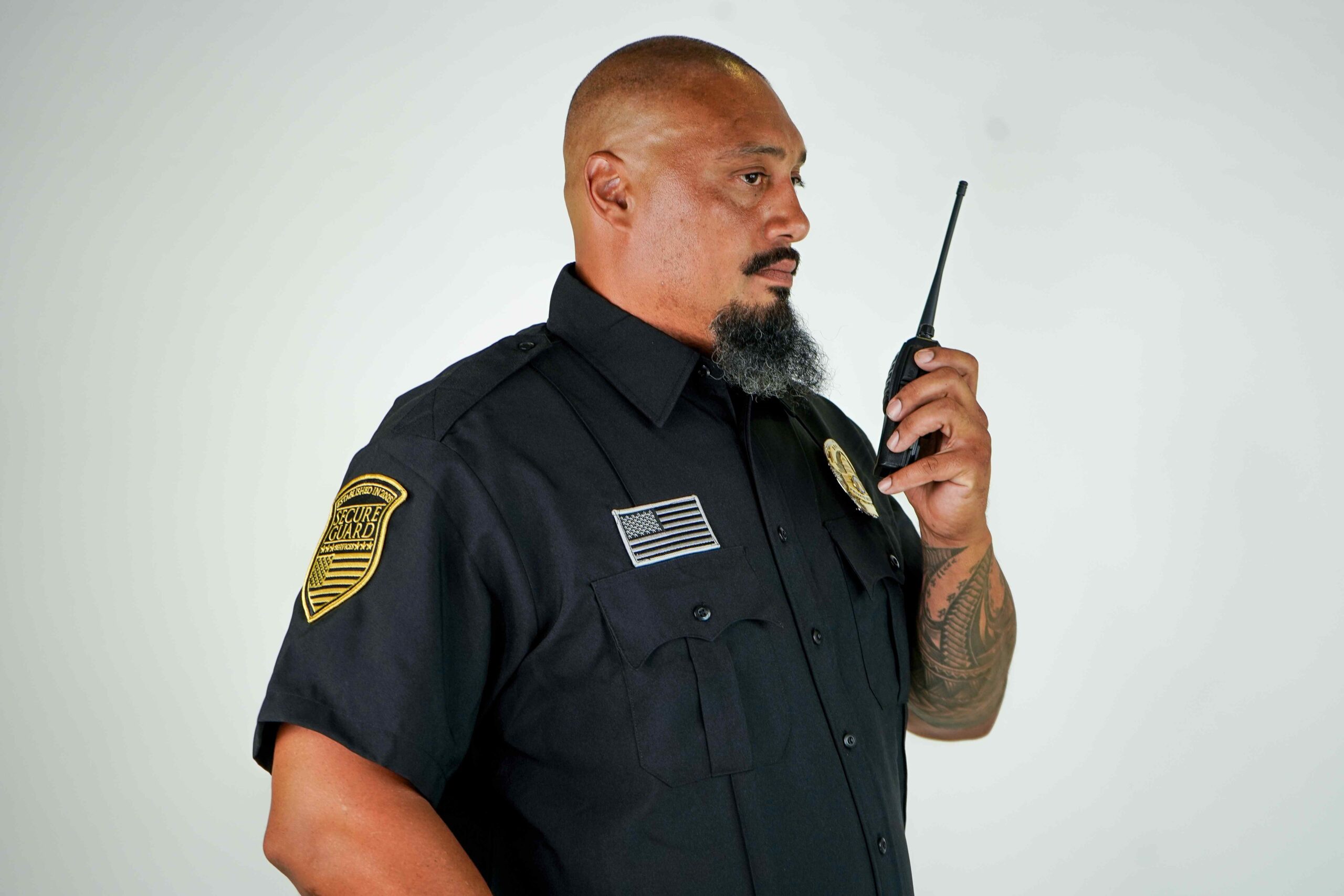Introduction
In the world of security, communication is far more than just words; it’s a dynamic tool that can shape outcomes, build trust, and even save lives. While physical strength and vigilance are undoubtedly important, the ability to communicate effectively is the true linchpin of a security guard’s success. It’s the bridge that connects them to colleagues, clients, and the public, enabling them to navigate complex situations with confidence and professionalism.
Beyond the obvious need to speak clearly and write accurate reports, communication for security guards encompasses a wide array of skills that can mean the difference between a calm resolution and a chaotic escalation. It’s about:
- Building Rapport: Establishing a connection with people, whether it’s a fellow guard, a supervisor, a client, or a member of the public, creates a foundation of trust and cooperation.
- Diffusing Tension: In tense situations, a security guard’s words and demeanor can either escalate or de-escalate the situation. The right communication approach can calm agitated individuals and prevent conflicts from spiraling out of control.
- Conveying Critical Information: During emergencies or investigations, the ability to relay information quickly, clearly, and accurately is paramount. Miscommunication can have dire consequences.
- Maintaining Order: Effective communication establishes authority and control, helping to maintain order in crowded environments or during potential disturbances.
- Building a Positive Image: Professional and respectful communication fosters a positive image of the security team and the organization they represent.
Here’s why communication is so crucial and how security guards can hone their abilities:
Why Communication Matters
- Building Trust: Clear and respectful communication establishes trust with colleagues, supervisors, clients, and the public. This trust is essential for cooperation and maintaining a secure environment.
- De-escalating Conflict: Security guards often encounter tense or confrontational situations. Knowing how to communicate calmly and effectively can defuse conflict before it escalates.
- Providing Information: Security guards gather and relay critical information during patrols, investigations, and emergencies. Their ability to communicate this information clearly and accurately is vital for effective decision-making.
- Projecting Authority: Confident and professional communication conveys authority and control, which can deter potential threats and maintain order.
- Building Relationships: Building rapport with coworkers, clients, and the public enhances cooperation and improves overall security outcomes.
Key Communication Skills for Security Guards
- Active Listening: This involves more than just hearing words; it’s about fully understanding the message being conveyed. Pay attention to both verbal and nonverbal cues, ask clarifying questions, and summarize what you’ve heard to ensure comprehension.
- Clear and Concise Verbal Communication: Speak clearly and directly, avoiding jargon or overly technical language. Tailor your communication style to your audience, whether it’s a fellow guard, a supervisor, or a member of the public.
- Nonverbal Communication: Body language, facial expressions, and tone of voice can speak volumes. Maintain open and approachable body language, make eye contact, and use a calm and confident tone.
- Written Communication: Security guards often need to write incident reports, logs, or other documentation. Clear, concise, and accurate written communication is essential for record-keeping and potential legal proceedings.
- Empathy and Understanding: Putting yourself in the other person’s shoes can help you understand their perspective and tailor your communication accordingly. Empathy can build rapport and de-escalate tense situations.
- Conflict Resolution: Learning conflict resolution techniques, such as active listening, paraphrasing, and finding common ground, can help resolve disputes peacefully.
- Adaptability: Different situations call for different communication styles. Be flexible and adjust your approach depending on the context and the individual you’re communicating with.
- Cultural Sensitivity: Be aware of cultural differences in communication styles and norms. This helps avoid misunderstandings and fosters respectful interactions.
Practical Tips for Enhancing Communication Skills
- Practice Active Listening: Engage in conversations with colleagues and friends, focusing on truly understanding their message.
- Seek Feedback: Ask trusted individuals for feedback on your communication style and areas for improvement.
- Take Training Courses: Many organizations offer communication skills training specifically for security professionals.
- Read and Write Regularly: Reading books or articles and practicing writing reports can enhance your written communication skills.
- Be Mindful of Nonverbal Cues: Pay attention to your own body language and tone of voice, as well as those of others.
- Learn De-escalation Techniques: Familiarize yourself with techniques for calming tense situations and diffusing conflict.
Conclusion
In the high-stakes world of security, communication is not a mere afterthought or a “soft skill.” It is the very foundation upon which a security guard’s effectiveness is built. Mastering the nuances of verbal and nonverbal communication empowers guards to not only prevent incidents but also resolve them with minimal disruption. The ability to build rapport, de-escalate tense situations, and convey information accurately under pressure are not just desirable traits; they are indispensable tools in a security guard’s arsenal. By honing their communication skills, security guards can elevate their performance beyond the basic expectations of their role. They become trusted figures who can build bridges with the community, enhance situational awareness, and act as true guardians of safety. This investment in communication skills not only benefits the individual guard but also strengthens the overall security apparatus of their organization, making them a more valuable and indispensable asset.


